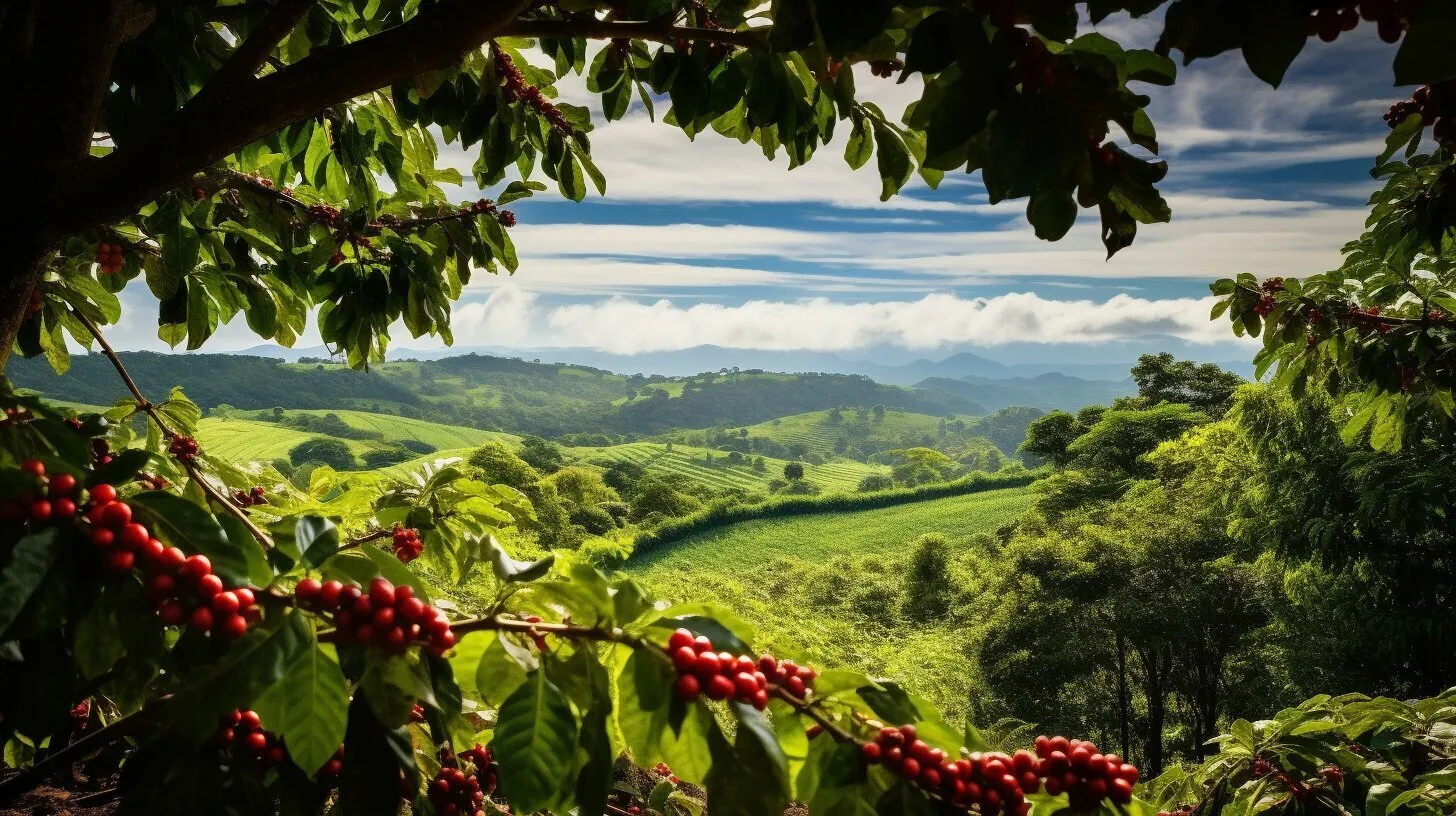In an innovative leap that marries environmental stewardship with premium coffee production, Costa Rica has proudly announced its first export of coffee declared “free from deforestation” to the European Union. This pioneering batch, comprising 275 bags or 18,975 kilograms of coffee, is en route to Trieste, Italy, setting a precedent as part of a pilot project in line with a forthcoming EU regulation set to take effect in December.
Pioneering Sustainable Practices
As the global community increasingly prioritizes sustainability, Costa Rica has positioned itself at the forefront of this movement, aligning its coffee production practices with the new EU Regulation 2023-1115. This landmark regulation, approved in May 2023 and operational in nine months, mandates commercial operators within the 27 EU member states to trade only certified deforestation-free commodities, including coffee, cocoa, domestic bovine, palm oil, rubber, soy, and timber.
This move by Costa Rica not only underscores its commitment to sustainable coffee production, rooted in the country’s robust legal framework like the Forestry Law No. 7575 of 1996, but also anticipates compliance with the EU’s due diligence requirements well ahead of schedule.
The Journey to Certification
Achieving this milestone required meticulous preparation. Coffee plantations underwent geolocation tagging, and producers signed affidavits certifying their operations as free from deforestation. This documentation process, vital for ensuring the coffee’s compliance with the EU’s stringent standards, was spearheaded by the United Nations Development Programme (UNDP), the Coffee Institute of Costa Rica (Icafe), and Coopetarrazú, with Exclusive Coffees handling the export logistics and Illy Caffè serving as the Italian importer.

A Market Edge in Europe
This venture into the EU market, which accounts for 38% of Costa Rican coffee exports, is viewed as a strategic advance, potentially enhancing the country’s market position. By being the first to adapt to the EU’s regulation, Costa Rica not only anticipates a boost in demand but also expects to achieve premium pricing for its coffee, offering a model for sustainable agriculture that does not encroach on forested areas.
National Replication and Global Impact
The project, initiated with 50 producers and expanding to 69, has culminated in the creation of an Implementation Guide and the geolocation of over 4,500 points across 11,000 hectares. This groundwork lays the foundation for further exports under the EU regulation, with 93,697 hectares of coffee cultivation and 26,725 producing families standing to benefit from Costa Rica’s pioneering approach.
Moreover, the effort aligns with Costa Rica’s decade-long preparation under the Nationally Appropriate Mitigation Actions (NAMA) to curb climate change-contributing emissions. This initiative exemplifies how agricultural practices can evolve to meet both market demands and environmental conservation goals.
Financing the Future of Coffee
The UNDP’s Result-Based Payment project, which converted avoided carbon emissions into financial support through the Green Climate Fund, exemplifies the innovative financing mechanisms supporting Costa Rica’s transition to deforestation-free coffee production. This approach, bolstered by $54 million in funds distributed by the National Forestry Financing Fund (Fonafifo), underscores the synergistic potential between environmental sustainability and agricultural profitability.
As Costa Rica dispatches its first deforestation-free coffee shipment to the European Union, it not only heralds a new era for the coffee industry but also sets a global standard for integrating agricultural productivity with environmental conservation. This groundbreaking project not only showcases the potential for sustainable agriculture but also illustrates Costa Rica’s role as a leader in the fight against climate change and biodiversity loss.


1 comment
[…] Source link […]